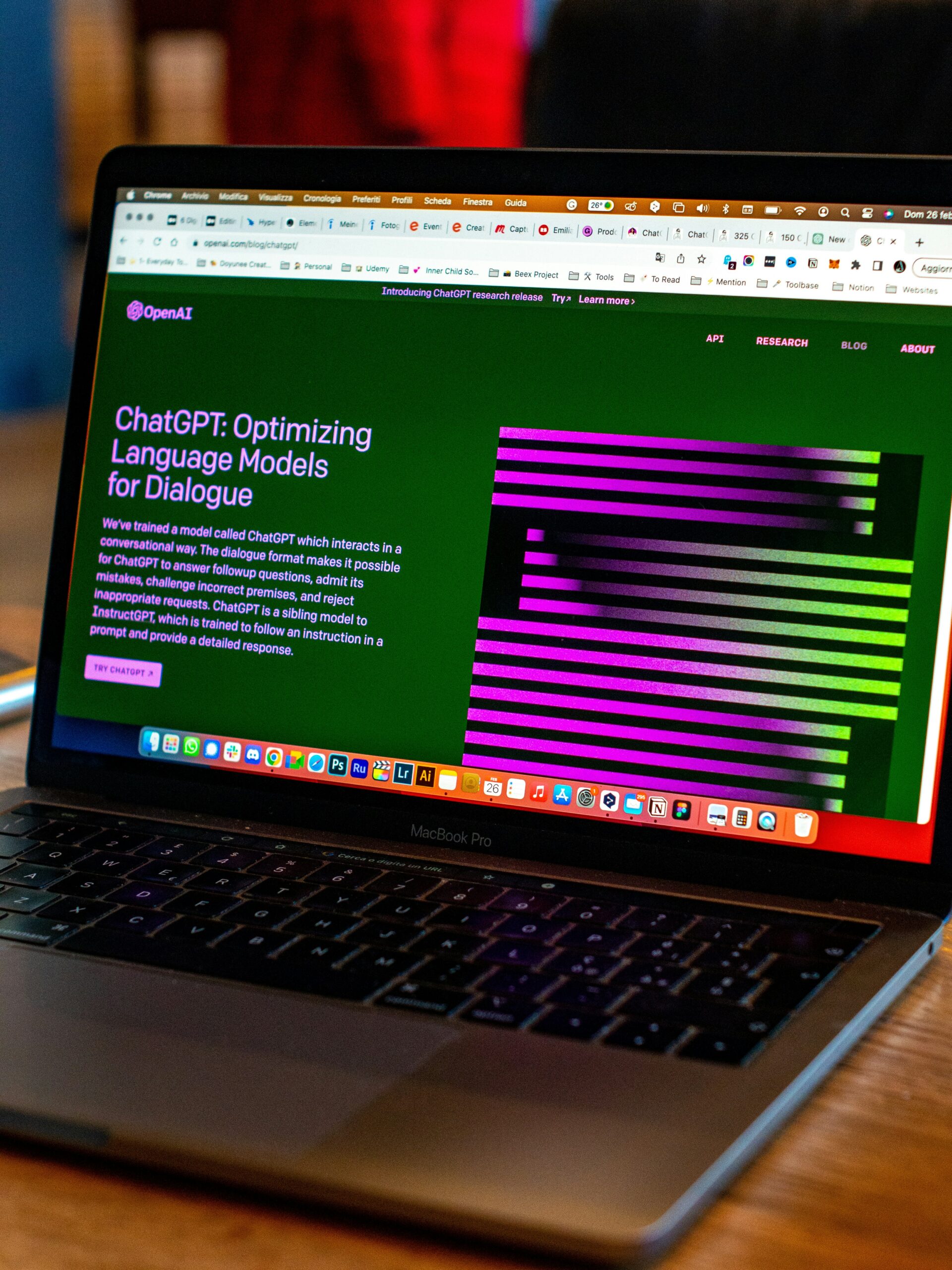Blogs
Three Things that Reporters Look for in Their Sources

Journalists often find themselves tasked with breaking news and developing stories on tight deadlines, yet they depend on information from sources to produce well informed, credible news stories.
Incorporating sources who offer different perspectives and insights into their reporting contributes to a more in-depth and diverse story. Hence, when journalists look for sources, the ideal candidate provides reliable and accurate information in a timely manner.
Recently, a reporter expressed frustration on social media about the pitches he was receiving:
“Press briefings are not supposed to be sales pitches. I am in fact attending Black Hat, and I’m only taking a couple of meetings because I simply don’t have the time or energy to hear about how great your product is when I can be covering something that leads to an actual news story. If I go to my editor after three days in Vegas, turn in my expense report, and say ‘I have some great commentary on how the AT&T breach may have been avoided by use of this AI-integrated risk management platform’ I am going to get fired.”
With that in mind, true marketing communications and PR professionals understand what makes a source attractive to journalists. Here are three critical attributes that reporters look for in their sources:
Credibility and Expertise
Journalists prioritize sources that can back up their claims with solid evidence. Sources with a strong track record of providing accurate and reliable information are recognized as authorities in their respective fields and are particularly valued.
Reporters look for sources who can provide proof to reinforce their viewpoints, including statistics, case studies and authoritative reports. This substantiation helps journalists deliver well-rounded and comprehensive reporting to their audience.
Timeliness
Despite big media groups having more resources, journalists are always on the lookout for fresh and relevant content. It is vital for PR professionals to reach out to journalists with unique angles by regularly monitoring industry trends using media monitoring tools to track mentions of competitors, the industry and key topics.
Reporters need quick access to quality information under time pressure to deliver news stories. It is important that sources, especially expert sources, can communicate clearly about complicated issues.
Localization
Reporters often seek sources who can provide local insights relevant to their audience. Tailoring your message to fit the local context can boost your chances of securing media opportunities. Highlight how your expertise and insights specifically impact the community. This localized approach not only makes your pitch more compelling but also underscores your commitment to providing valuable insights relevant to the journalist’s readers.
By focusing on these three key points — credibility and expertise, timeliness, and localization — PR professionals can engage journalists effectively and cultivate stronger relationships, increasing their chances of getting more media coverage.
Latest News



